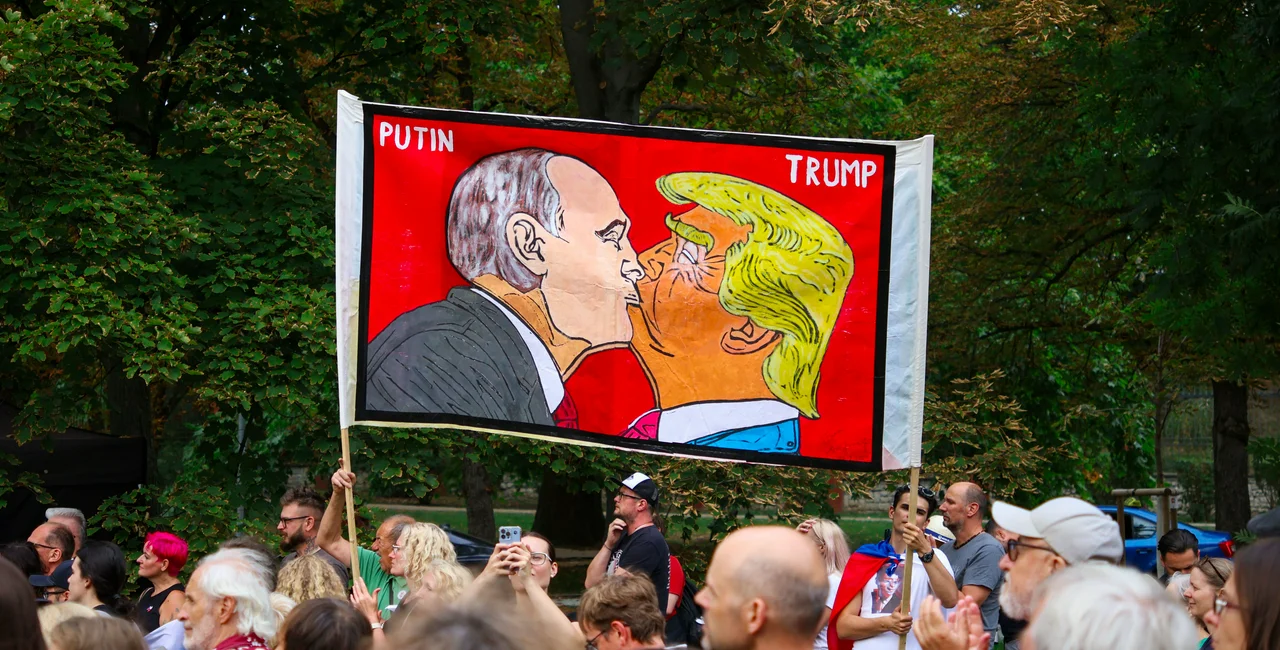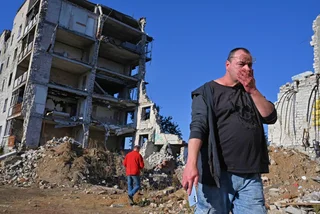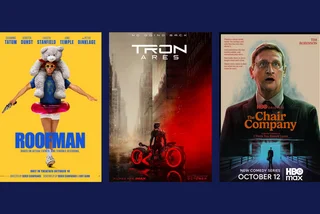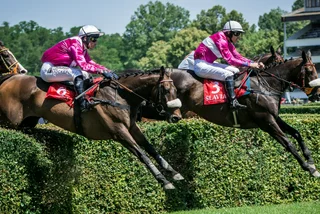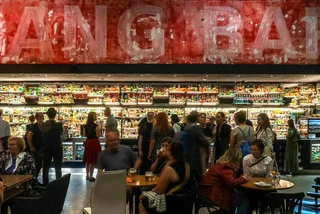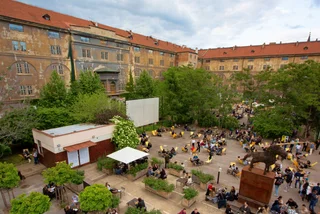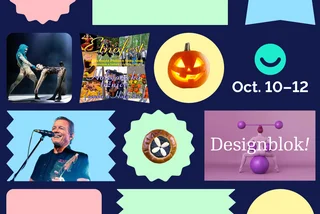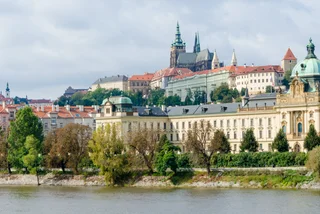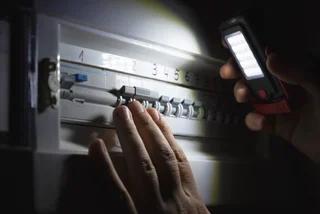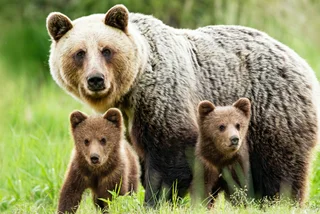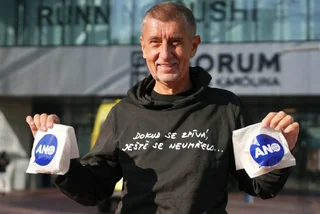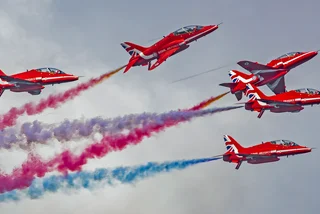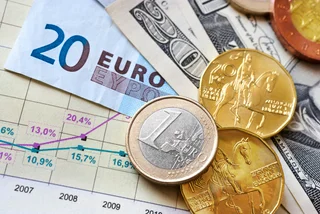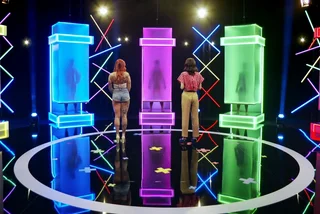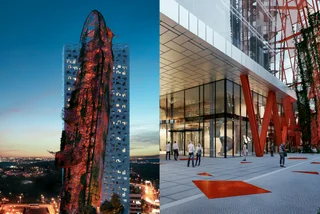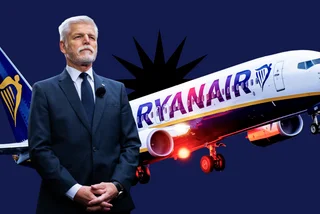Ukrainian flags waved in the summer evening light and chants of “Go home, Ivan!” echoed across Boris Nemtsov Square on Thursday, as crowds gathered outside the Russian Embassy to remember the Soviet invasion of Czechoslovakia 57 years ago. “Ivan” was the nickname Czechs historically used to refer to Soviet soldiers, symbolizing the occupiers.
The commemoration was more than a look back at 1968: it was also a rally of solidarity with today’s Ukraine, where war has raged for four years against an aggressor many see as unchanged.
PARTNER ARTICLE
Participants carried banners condemning Russian aggression, reviving the same slogans that appeared across Czechoslovakia after the invasion. Organizers emphasized the importance of civic engagement and vigilance, noting that public memory can serve as a check on authoritarianism and help sustain democratic values in Central Europe.
Moderator Marie Bastlová“Aug. 21 is not just the past; it is a warning for the present. It is a reminder that in one night you can lose hope and freedom.”
The evening program featured witnesses and activists. Jiří Kolda, who was shot during the August 1968 occupation despite surrendering, recounted his survival:
“I had my hands up and they shot me anyway. Then they took me to the Soviet embassy compound, where they waited for me to bleed to death. ‘This guy attacked me with a gun in his hand,’ said the soldier who fired at me with a machine gun. But that was not true, and this lie continued.”
Earlier in the day, the NeverMore 68 festival at Prague’s Exhibition Grounds offered a complementary program of debates and screenings on how foreign governments and media reacted in 1968.
The protest came at a time when a powerful documentary, Change My Mind, explored contemporary perceptions of the Russia–Ukraine conflict. The film followed three Czech citizens who expressed sympathetic views toward Russian narratives about Ukraine.
But in front of the Russian Embassy, history and present politics merged most vividly: a living reminder that the shadows of 1968 still stretch into today’s Europe.




















 Reading time: 2 minutes
Reading time: 2 minutes 